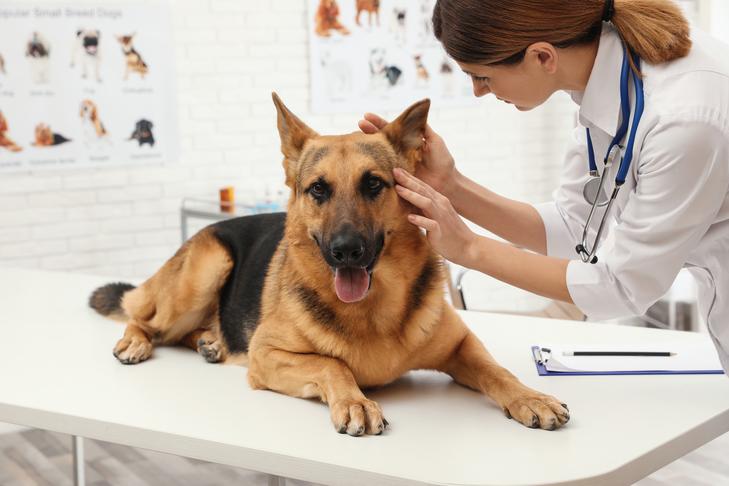
Veterinary course subjects
A veterinary course, typically leading to a Doctor of Veterinary Medicine (DVM) degree, covers a wide range of subjects that encompass both basic sciences and clinical skills. The curriculum is designed to provide a comprehensive understanding of animal health, disease prevention, diagnostics, and treatment. Here is an overview of the core subjects commonly included in a veterinary course:
Basic Sciences
- Anatomy
- Gross Anatomy
- Comparative Anatomy
- Microscopic Anatomy (Histology)
- Physiology
- Systemic Physiology
- Neurophysiology
- Endocrinology
- Biochemistry
- Metabolic Pathways
- Molecular Biology
- Enzymology
- Genetics
- Animal Genetics
- Genomics
- Breeding and Hereditary Diseases
- Microbiology
- Bacteriology
- Virology
- Mycology
- Immunology
- Pathology
- General Pathology
- Systemic Pathology
- Clinical Pathology
- Pharmacology
- General Pharmacology
- Veterinary Pharmacology
- Toxicology
Clinical Sciences
- Diagnostic Imaging
- Radiology
- Ultrasound
- Advanced Imaging Techniques (MRI, CT)
- Clinical Medicine
- Small Animal Medicine
- Large Animal Medicine
- Equine Medicine
- Exotic Animal Medicine
- Surgery
- Principles of Surgery
- Soft Tissue Surgery
- Orthopedic Surgery
- Anesthesia and Pain Management
- Theriogenology
- Reproduction and Breeding
- Obstetrics
- Neonatology
- Preventive Medicine
- Epidemiology
- Public Health
- Vaccination Programs
- Biosecurity
Specialized Subjects
- Dermatology
- Skin Diseases
- Allergy Testing
- Dermatologic Surgery
- Cardiology
- Cardiac Diseases
- Diagnostics (ECG, Echocardiography)
- Treatment and Management
- Ophthalmology
- Eye Anatomy and Physiology
- Common Eye Diseases
- Surgical and Medical Treatments
- Neurology
- Nervous System Disorders
- Diagnostic Techniques
- Neurological Surgery
- Oncology
- Cancer Biology
- Diagnostic Techniques
- Chemotherapy and Radiation Therapy
Practical Training
- Clinical Rotations
- Rotations through various departments (Internal Medicine, Surgery, Emergency, etc.)
- Hands-on experience in diagnosis and treatment
- Laboratory Skills
- Blood Work Analysis
- Microbial Cultures
- Cytology
- Field Practice
- Farm Visits
- Wildlife Conservation Projects
- Shelter Medicine
Additional Courses
- Ethics and Professionalism
- Veterinary Ethics
- Legal Aspects of Veterinary Practice
- Professional Conduct
- Communication Skills
- Client Communication
- Teamwork and Collaboration
- Conflict Resolution
- Practice Management
- Business Skills
- Financial Management
- Marketing and Client Relations
Continuing Education and Special Topics
- Emerging Diseases
- New and Re-emerging Pathogens
- Zoonotic Diseases
- Global Health Issues
- Advanced Diagnostics
- Molecular Diagnostics
- Advanced Imaging Techniques
- Biopsy and Histopathology
Conclusion
The veterinary course curriculum is extensive and designed to equip students with the knowledge and skills necessary to excel in various aspects of veterinary medicine. From basic sciences to advanced clinical skills and practical training, the subjects covered ensure a well-rounded education that prepares graduates for diverse career opportunities in animal health and welfare.



